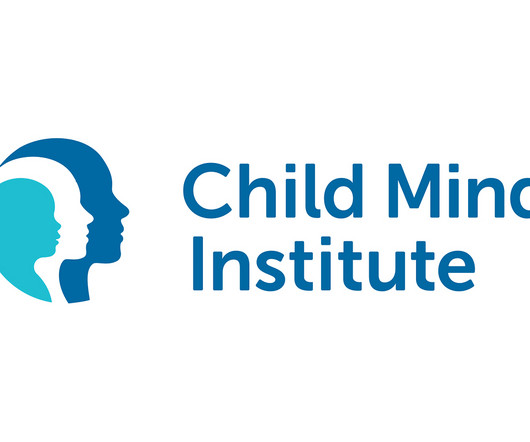Eyes, Ears, and Emotion: Techniques to Tackle Diagnosing Bipolar Disorder
Psychiatric Times
JULY 14, 2025
Dr Trinh continued with a focus on the treatment landscape, drawing from the Systematic Treatment Enhancement Program for Bipolar Disorder (STEP-BD) trials conducted from 1998 to 2005. Trinh pointed out the study’s result that 58% of participants achieved recovery, but 49% relapsed within two years.











Let's personalize your content